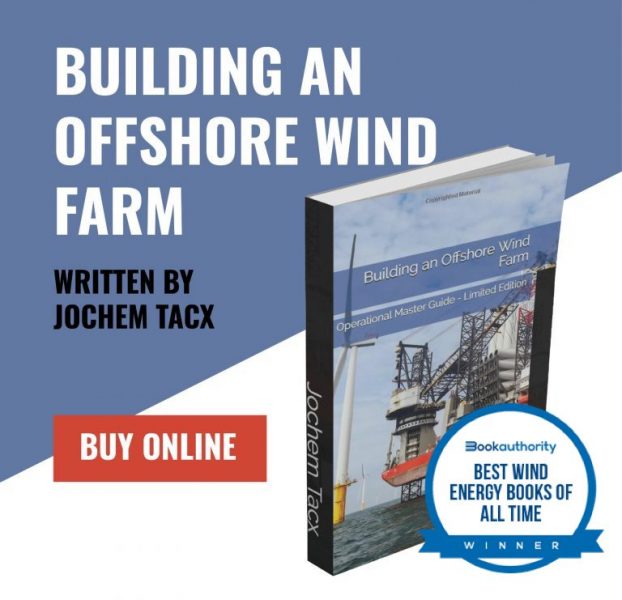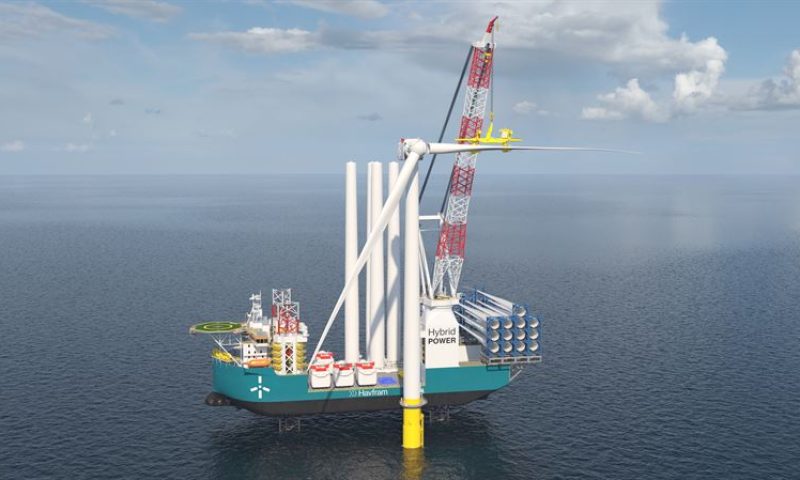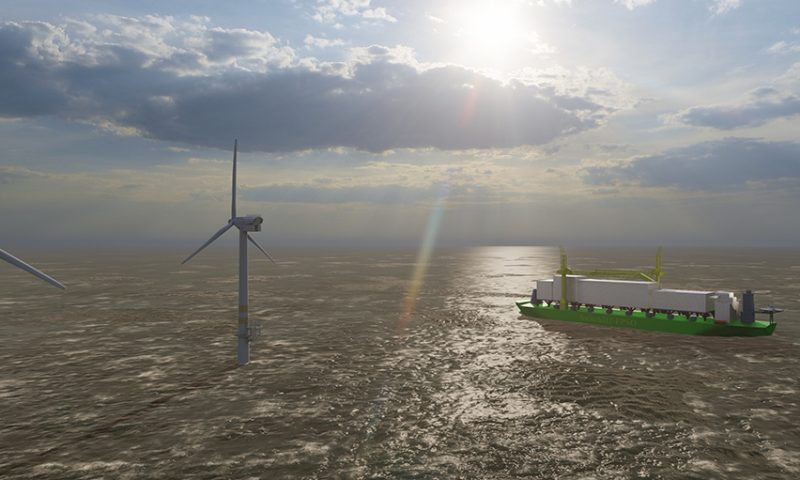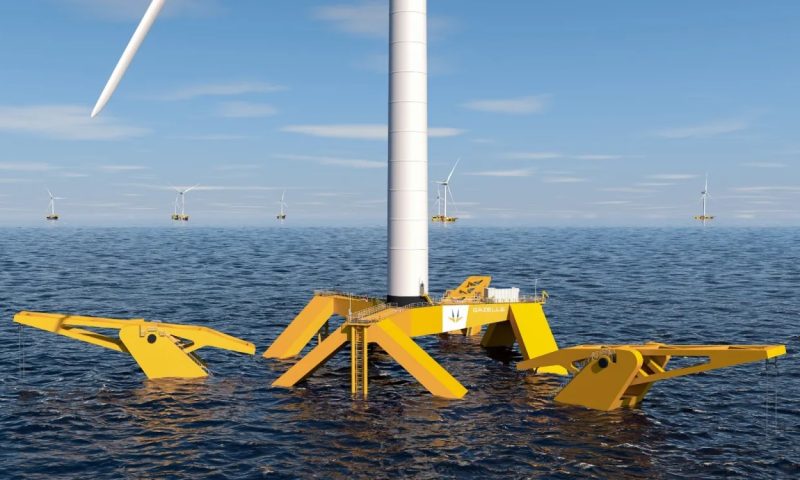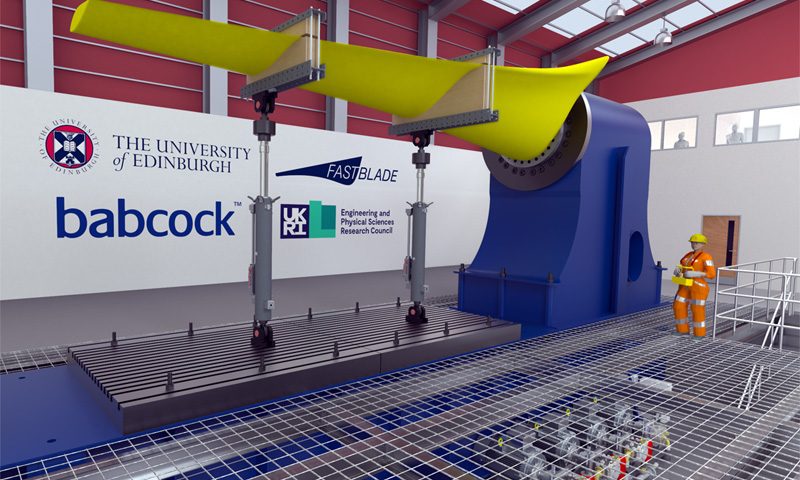
FASTBLADE – World’s First Regenerative Fatigue Test Facility
ASTBLADE is the world’s first test facility that uses regenerative hydraulic technology to offer high-quality, low-cost fatigue testing of tidal blades and other composites structures for research and product development.
Accelerated Lifetime Testing
The innovative structural composites research facility has been developed by the University of Edinburgh specifically for cost effective, accelerated testing of stiff and slender composite and metal structures, such as tidal turbine blades, composite bridge sections and carbon fibre aircraft wing boxes. The facility will be the first of its kind in the world and will use a Digital Displacement® regenerative hydraulic actuation system to reduce the energy requirements of fatigue testing.
Fatigue testing is a specialised form of mechanical testing that is performed by applying cyclic loading to a coupon or structure. These tests are used either to generate fatigue life and crack growth data, identify critical locations or demonstrate the safety of a structure that may be susceptible to fatigue. (source: Wikipedia)
Rapid Evaluation and Reduced Design Risk
FASTBLADE will reduce design risks for developers by providing the opportunity for more and better data sets, thanks to reduced product testing time. This will enable more and faster impact-led academic research into fundamental engineering options for new, advanced materials. The accelerated evaluation of specimens will enable the more rapid evaluation, certification and deployment of new products to market.
Supporting the Tidal Energy Sector
FASTBLADE will help secure Scotland’s lead in marine energy as the world’s first dedicated fatigue test facility for tidal blades. The project exemplifies the University of Edinburgh’s Leadership in Research on an industrial site. The industrially focused facility was developed ‘for industry & with industry’. FASTBLADE will deliver new jobs and attract businesses to Scotland for composites products and tidal blade development. The team are already scoping new training programs and apprenticeships focused on data collection in an industrial setting for an authentic experience.

